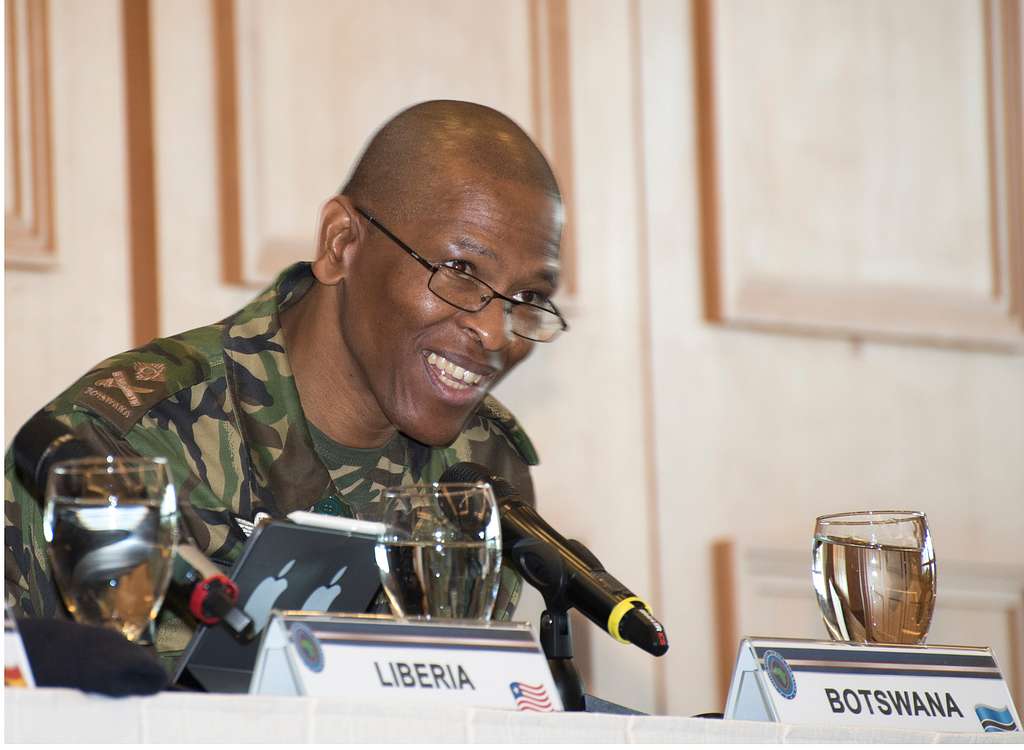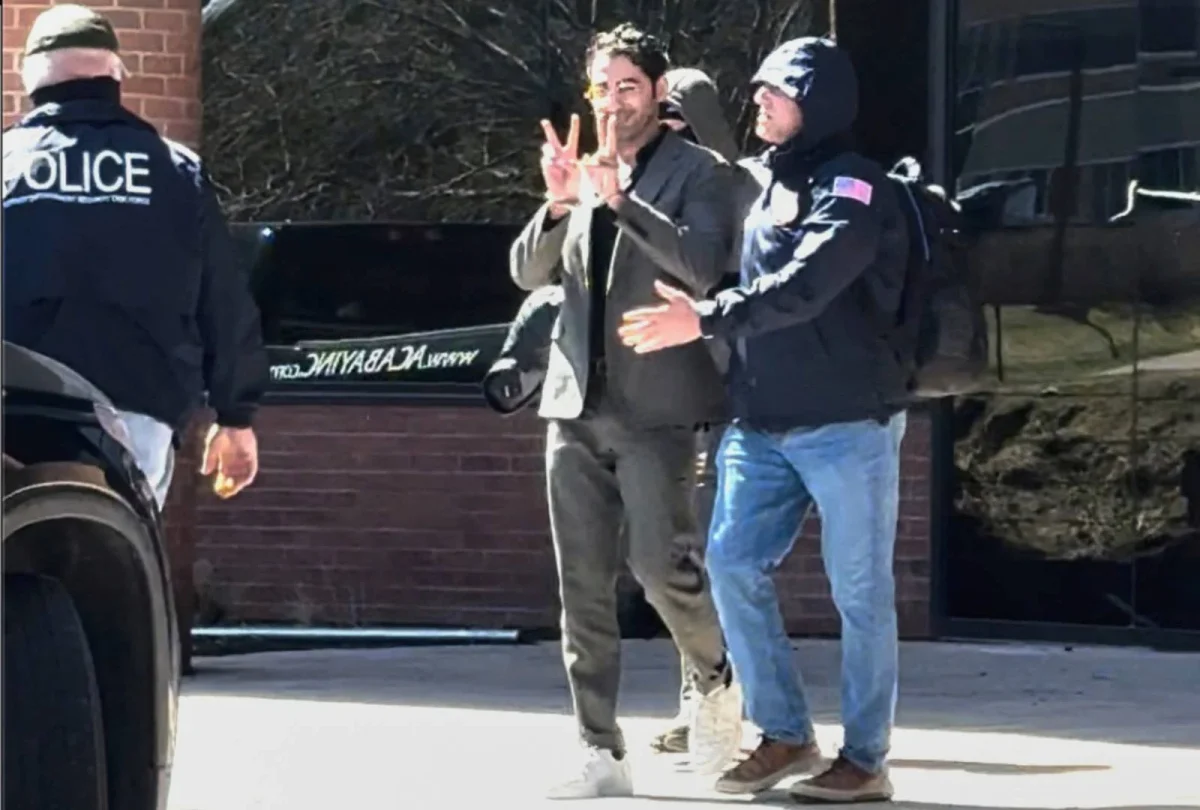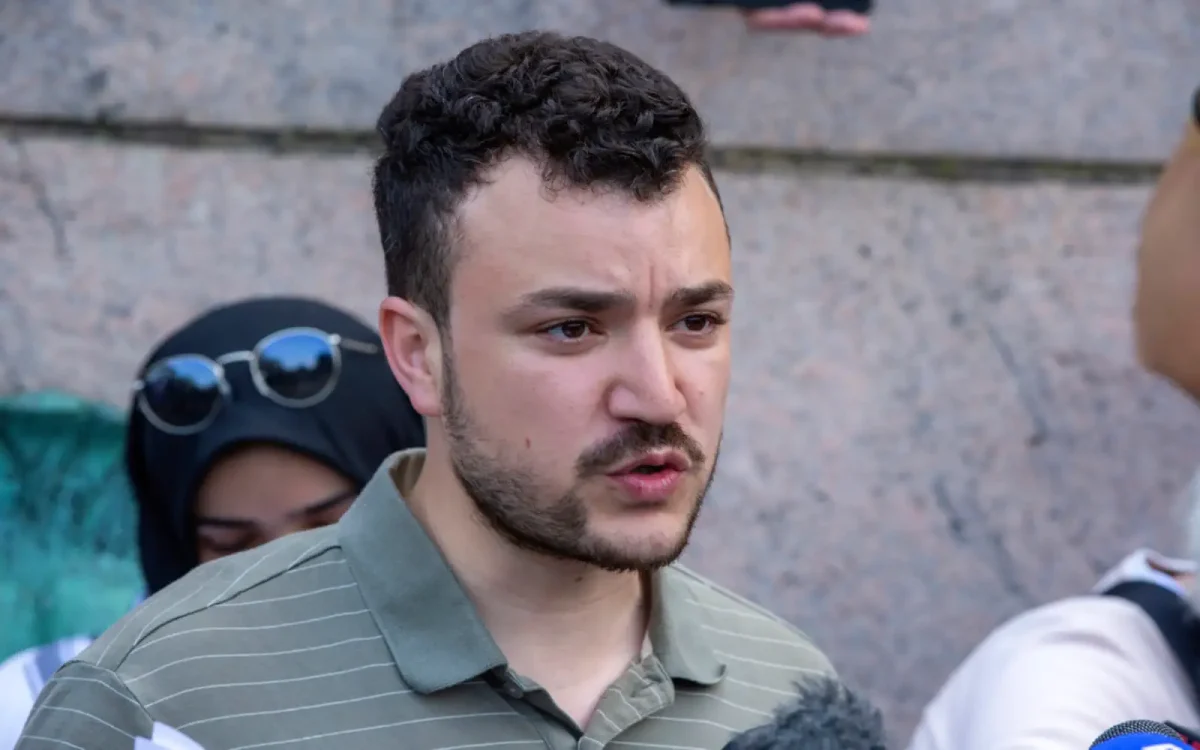No one can say with authority who was the first person to express ideas synonymous with pan-Africanism, but resistance to foreign domination has been a constant element of African history on and off the continent. It is generally accepted, however, that true pan-African thinking first appeared among Black people in the Diaspora. Africans who were outside of Africa and stripped of their tribal affiliation were quick to recognize that their subjugation was based on their race; hence the call for racial unity in the face of a shared oppressive experience was originally given voice among them.
Early pan-African sentiments were clearly expressed by the 1700s. In America in 1787, for example, the famed Freemason Prince Hall sent a formal request to the Massachusetts Legislative Assembly for help with immigrating back to Africa. Likewise in the first two decades of the 1800s, the successful Boston merchant Paul Cuffee supported the repatriation of a least two groups of emigrants at his own expense. Prominent African Nationalists of that time include Henry Sylvester Williams, Edward W. Bylden, Benito Sylvain, Orishatukeh Faduma, and Mojola Agbebi. A good article to read about this subject is “Pan-Negro Nationalism in the New World Before 1862” by Hollis R. Lynch.
But aside from those luminaries, many scholars point to two particular meetings in order to date the beginning of the pan-African movement. The Chicago Congress on Africa in 1893 and the London meeting of the African Association in 1900 which introduced the use of the term “pan-African”. Nevertheless, while both of those meetings were historic in their originality, participation and outlook, it was the later Pan-African Congresses sponsored by W.E.B. Dubois and the U.N.I.A. conventions of Marcus Garvey that traditionally have been credited with having the most influence on pan-African thinking.
Over a 45 year period, DuBois would champion or be involved with six Congresses which would inspire such African leaders as Kwame Nkrumah of Ghana, Nnamdi Azikiwe of Nigeria, Jomo Kenyatta of Kenya, Wallace Johnson of Sierra Leone, and Ralph Armattoe of Togo among others. Marcus Garvey, on the other hand, spread his fiery message of African unity through the largest movement of Black people the world has ever known. The work of those two leaders inspired a wave of pride, resistance, and self-reliance which swept the globe and produced independence and human rights movements which left no African people moved. Moreover, new leaders and organizations emerged in the wake of DuBois and Garvey that have had riveting effects on African history including Malcolm X, the Black Panthers, the African National Congress, and the Pan-African Congress of Azania.
Pan-Africanism would, subsequently, reach a new level of institutionalization with the launch of the 1958 First Conference of Independent African States in Ghana. That would be followed by several other expressions of African unity including “the Union of African States (1960), the African States of the Casablanca Charter (1961), the African and Malagasy Union (1961), the Organization of Inter-African and Malagasy States (1962), the African-Malagasy-Mauritius Common Organization (1964)” and the Organization of African Unity (1963). (The Columbia Electronic Encyclopedia, 6th ed. Copyright © 2007, Columbia University Press.)
In 2002, the Organization of African Unity transformed itself into the African Union with the stated objectives “to achieve greater unity and solidarity between the African countries and the peoples of Africa” and “to accelerate the political and socio-economic integration of the continent.” (www.african-union.org)
Yet in spite of this long, rich and progressive history, pan-Africanism and African Nationalism are much misunderstood and maligned. The pan-African movement is not racist, sexist, homophobic, communist, or based on religious bigotry. As a matter of fact, the modern pan-African movement is open to every person willing to participate in the struggle to produce a world from racism, sexism or discrimination. Additionally, the modern African Nationalist community is strong and vibrant. Despite the best efforts of the FBI and CIA to dispose and discredit African leaders, the masses of African people have never lost focus of their dream for a world based on freedom, justice, and equality. Indeed the people who created civilization are now ready to give birth to a new world and a new type of human society.
African Nationalists believe that the best way to free the earth from the hatred and prejudice of Western white supremacy is to form a great African nation based on the timeless but revolutionary principle of the equality of humankind birthed from a movement that models that principle in theory and in practice.
If you are interested and would like to get involved in the pan-African struggle, then the simplest thing to do is to email me, Maurice X, President of the United Pan-African Student Movement at [email protected]. We will be restarting our meetings in Durham after the summer break and you can get involved with any of our programs from the African History class to the AIDS/HIV education and social services project. In addition you can look for and read future articles from a pan-African perspective by me here in The Nubian Message.
Maurice X is the President of the United Pan-African Student Movement. He is a community activist, writer, and former teacher of Adult Education at Durham Technical Community College. Maurice resides in Durham and is a graduate of the University of North Carolina at Greensboro and North Carolina Central University. In his spare time he enjoys reading and exercising.




